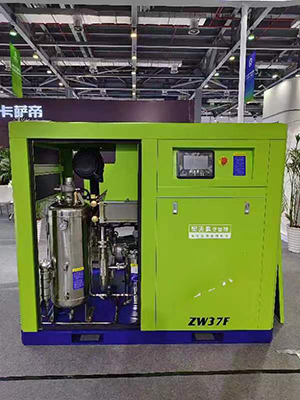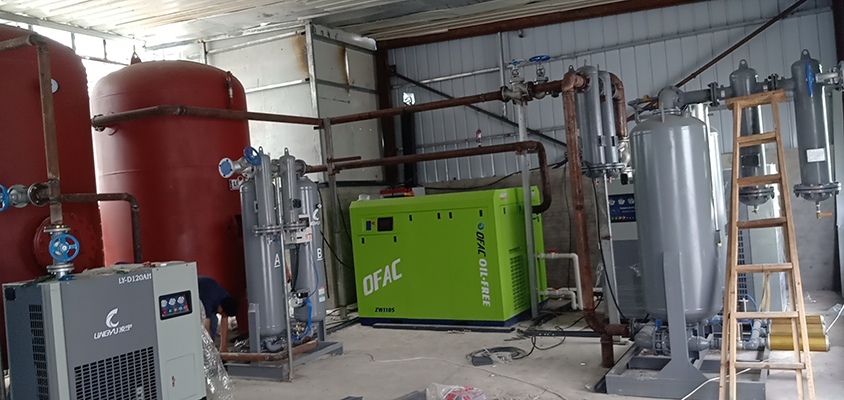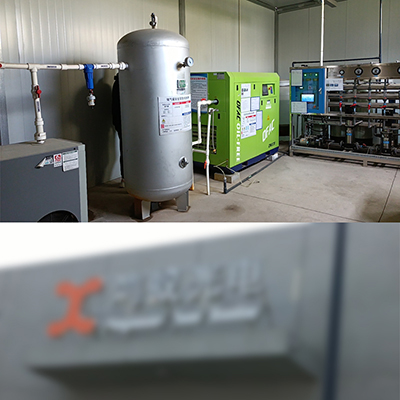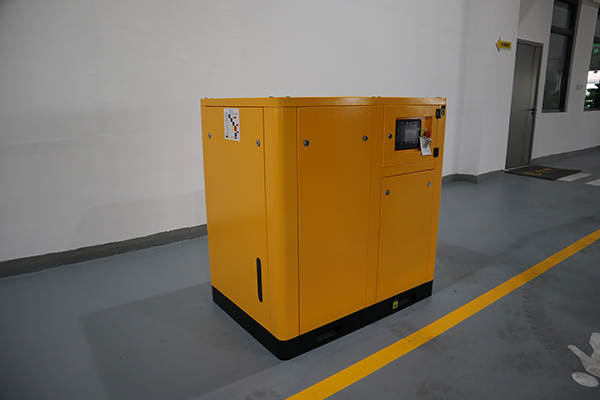Industry air compressor designed for steel production facilities with high-capacity output
News 2025-10-27
In the steel production industry, air compressors are fundamental for driving efficiency and reliability in operations that demand continuous high-pressure air. This specialized compressor is engineered to meet the rigorous needs of steel facilities, where processes like forging, casting, and material conveyance rely on a dependable air supply. By focusing on high-capacity output, it ensures that production lines maintain optimal performance, reducing the risk of interruptions and supporting the overall throughput in large-scale manufacturing environments.

Application in Steel Production
Steel manufacturing involves multiple stages where compressed air is indispensable. For instance, it powers pneumatic tools for cutting and shaping metal, operates blast furnace controls, and aids in dust collection systems to maintain air quality. This compressor excels in these scenarios by providing a robust, high-volume air flow that adapts to the fluctuating demands of steel processing. Its seamless integration into facility layouts minimizes installation challenges, allowing steel plants to enhance productivity and safety without extensive modifications.
Performance Advantages
Engineered with cutting-edge technology, this air compressor offers superior performance tailored for industrial challenges. It delivers high-capacity output with energy-efficient mechanisms that reduce consumption during less demanding periods, while its durable construction withstands extreme temperatures and contaminants common in steel environments. Key benefits include extended operational life and lower maintenance costs, making it a strategic asset that boosts process efficiency and contributes to sustainable practices in steel production.
Frequently Asked Questions
1. What key features support its use in steel facilities?
It includes corrosion-resistant components and high-temperature tolerance for reliable performance in harsh conditions.
2. How does it handle high-capacity demands?
Advanced motor designs and efficient air delivery systems ensure consistent output even under heavy loads.
3. What maintenance considerations are important?
Regular filter checks and lubrication help maintain efficiency, with design features that simplify servicing to minimize downtime.


